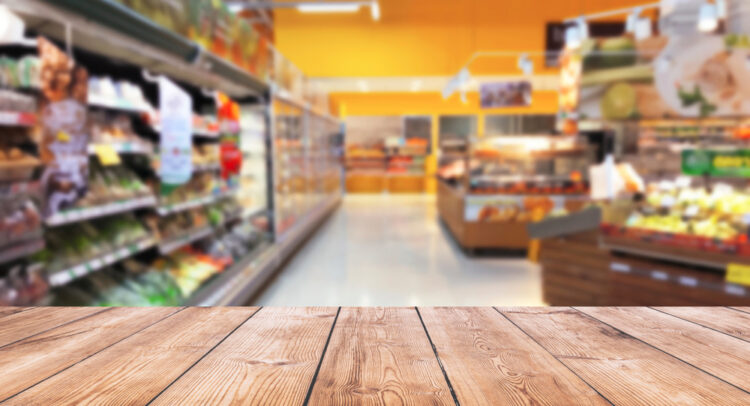High Liner Foods ((TSE:HLF)) has held its Q2 earnings call. Read on for the main highlights of the call.
Claim 50% Off TipRanks Premium
- Unlock hedge fund-level data and powerful investing tools for smarter, sharper decisions
- Stay ahead of the market with the latest news and analysis and maximize your portfolio's potential
The recent earnings call for High Liner Foods presented a mixed sentiment, reflecting both achievements and challenges. On the positive side, the company reported significant sales and volume growth, driven by successful promotional activities and a strategic acquisition. However, these gains were counterbalanced by challenges such as tariff impacts, gross margin compression, and increased net debt. The company remains optimistic about managing these challenges, but the current financial picture is somewhat balanced, with notable achievements offset by significant hurdles.
Sales Volume Increase
High Liner Foods reported a notable increase in sales volume, which rose by 3.1 million pounds, or 6%, reaching 54.8 million pounds in the second quarter. This growth was attributed to heightened demand across both retail and foodservice businesses, showcasing the company’s ability to capture market interest.
Revenue Growth
The company experienced a revenue increase of $21.3 million, or 9.8%, bringing total sales to $239.6 million. This growth was supported by strong execution and a favorable product mix, highlighting the company’s strategic efforts to enhance its market position.
Adjusted EBITDA Growth
Adjusted EBITDA saw an increase of $1.3 million, or 5.5%, reaching $25.1 million. This reflects the positive impact of increased net sales and gross profit, demonstrating the company’s operational efficiency.
Successful Acquisition
High Liner Foods completed the acquisition of Mrs. Paul’s and Van de Kamp’s from Conagra. This strategic move is expected to expand the company’s market footprint and provide cost and margin synergies, positioning it for future growth.
U.S. Retail Success
The U.S. retail business outperformed the category, achieving double-digit volume growth in core brands. This success underscores the strength of High Liner Foods’ retail strategy and its ability to resonate with consumers.
Tariff Impact on Margins
The company faced higher-than-expected costs related to tariffs on seafood imported into the U.S., leading to compressed margins. The net impact of these tariffs was approximately $1.6 million, posing a significant challenge to profitability.
Gross Profit Margin Decline
Gross profit as a percentage of sales decreased by 170 basis points to 22.3% from 24% in the second quarter of 2024. This decline was due to increased expenses related to tariffs and higher raw material pricing, affecting the company’s bottom line.
Decrease in Net Income
Reported net income decreased by $10.8 million, or 56%, to $8.5 million. This decline was attributed to costs related to the company’s recent acquisition and increased finance costs, highlighting the financial pressures faced by High Liner Foods.
Higher Net Debt
Net debt increased by $42.7 million to $275.9 million, reflecting higher bank loans and a lower cash balance. This rise in debt levels indicates the financial strain associated with recent strategic initiatives.
Forward-Looking Guidance
Looking ahead, High Liner Foods provided guidance on key financial metrics for the second quarter of 2025. The company anticipates continued sales volume growth of 6% and a 9.8% rise in sales, driven by strong execution and the later timing of Lent. Despite challenges with rising raw material costs and tariffs, adjusted EBITDA is expected to grow by year-end. The acquisition of Mrs. Paul’s and Van de Kamp’s is projected to drive future growth and expand the U.S. retail footprint.
In summary, the earnings call for High Liner Foods highlighted a balanced financial outlook, with significant achievements in sales and strategic acquisitions being tempered by challenges such as tariff impacts and increased net debt. The company’s forward-looking guidance suggests a focus on managing costs and leveraging recent acquisitions to drive future growth, offering a cautiously optimistic view for stakeholders.
















